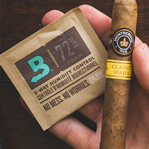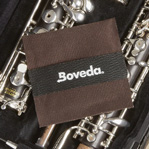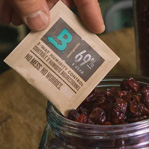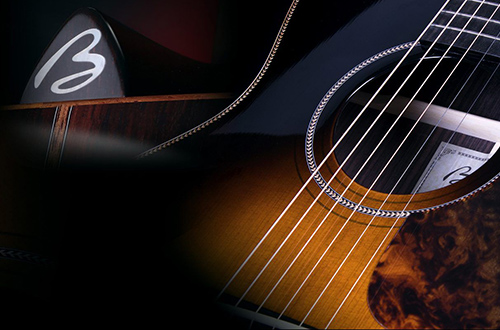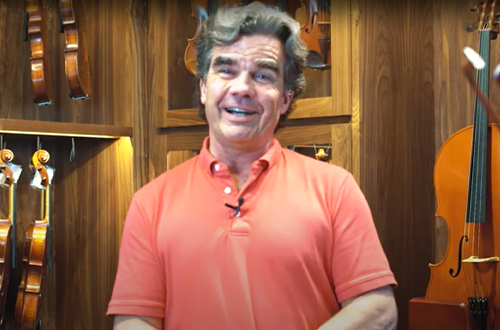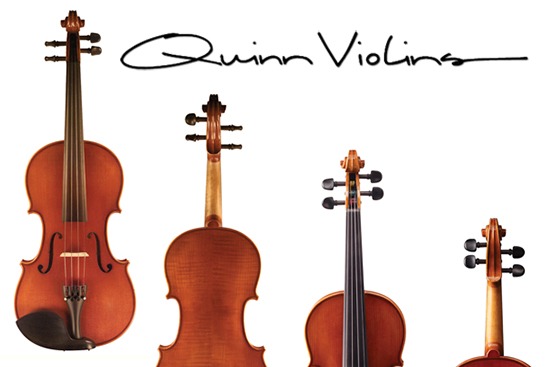TURNING A LOVE OF MUSIC INTO A SUCCESSFUL BUSINESS
How Chris Quinn played to changing musical tastes, and in the process, found a smarter way to protect wooden instruments from Minnesota’s dry winter climate.
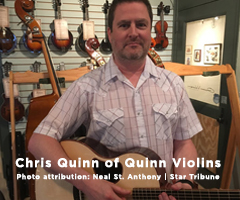
What do you do if you’re a high school student who’s into violins? Really into violins? If you’re Chris Quinn, you turn your bedroom into a music store and start drumming up customers.
That was 30 years ago, and today Chris is still selling violins with the same enthusiasm. Only now Quinn Violins is an online store with a brick-and-mortar location near the University of Minnesota.
Along the way, Chris changed his tune, adding a wide range of stringed instruments to his inventory, including cellos and basses. Most recently, he expanded into the space next door and opened a new business, Fret Central, which sells acoustic guitars and mandolins.
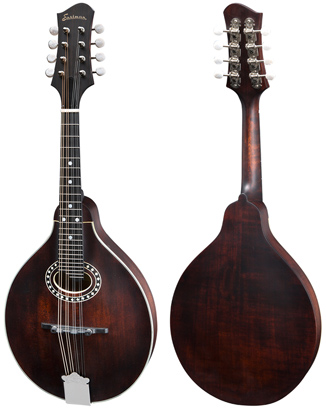
Twin Cities musician or just playing through? Visit Quinn Violins and Fret Central at 1081 21st Avenue SE, Minneapolis, MN 55414.
LEARNING THE DRY WEATHER BLUES
One thing that hasn’t changed over the years is the damaging impact that fluctuations in humidity can have on wooden instruments.
Chris said, “I had a customer bring a new guitar back to our shop complaining that the strings were bottoming out at the upper frets. It turned out the neck joint was out of whack because it was bone dry. We had to put the guitar in a humidification chamber for several days to resuscitate it. After that, it didn’t even need a neck adjustment.”
Bowed stringed instruments are equally susceptible to seasonal drops in humidity. “We see open seams all the time. That’s what happens to a cello or violin when the margin between the top and the ribs changes due to humidity fluctuations.”
THE NIGHTMARE AFTER CHRISTMAS
Just how bad can it get? Last winter over the holidays, due to a miscommunication, the room humidifiers in his shop weren’t filled for several days. At the same time, the heat in the building spiked, drying out the air further. When Chris returned, he discovered four cellos and two basses with severe cracks.
“It was a wake-up call,” he said. “Living here with our dry winters, it should be common sense for anyone who owns a wooden instrument that you need to humidify it. But until you’ve had an incident, it doesn’t become a real possibility for you.”
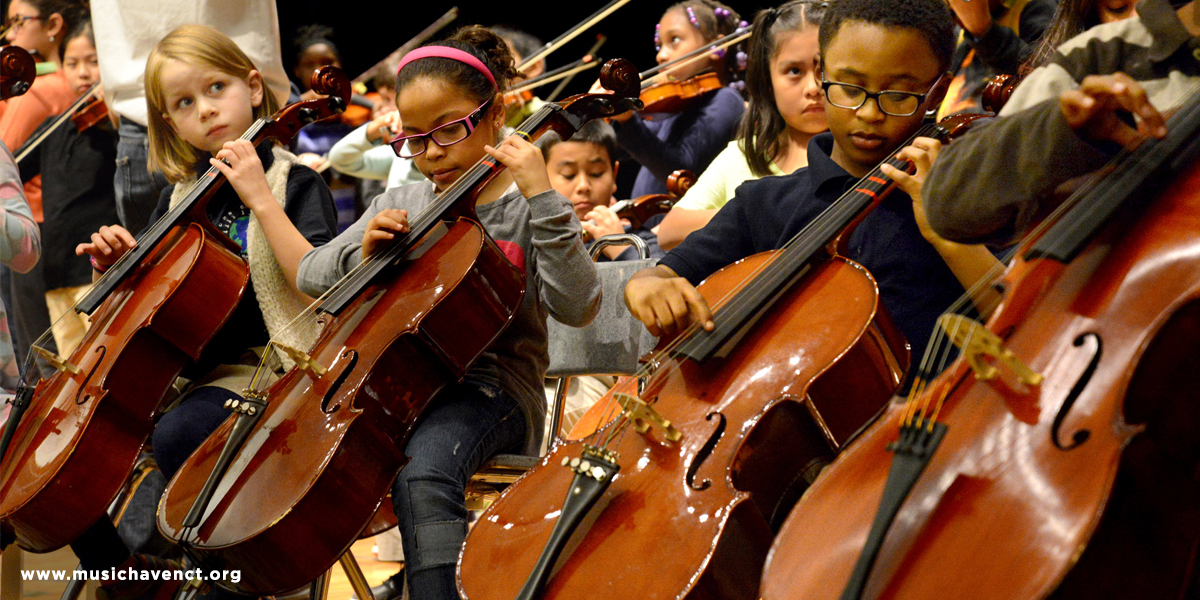
Chris often sees similar damage to instruments he sells or rents, when students don’t keep them properly humidified in their cases. “Even if a school has a humidifier in the band room,” he said, “it’s usually overpowered by warm air coming out of the furnace. That’s a recipe for disaster.”
It’s also expensive. Repairing damage caused by humidity fluctuations can cost more than an instrument is worth. Chris said, “If you have to spend $500 to fix a crack in a $500 guitar, it’s totaled. You might as well just buy a new one and try to do better next time.”
For the love of four cellos and two basses, store wood instruments in a closed case with Boveda 2-way humidity control.
BOVEDA WAS MUSIC TO THIS MUSICIAN’S EARS
Like many musicians, Chris found it challenging to protect his expensive wooden instruments using old-fashioned plastic humidifiers or rubber hoses. He said, “I love acoustic instruments, but I don’t love the constant battle to make sure the sponges aren’t too dry, or aren’t too wet and dripping all over the place.”
Those days are history now that he’s discovered the Boveda 2-way humidity control.
“Boveda makes it super easy,” Chris said. “You just load one Boveda into each side of a Boveda pouch holder. Hang one holder in the sound hole and tuck the other around the neck. Boveda automatically adds and absorbs moisture to maintain the ideal relative humidity level in your instrument’s closed case.”
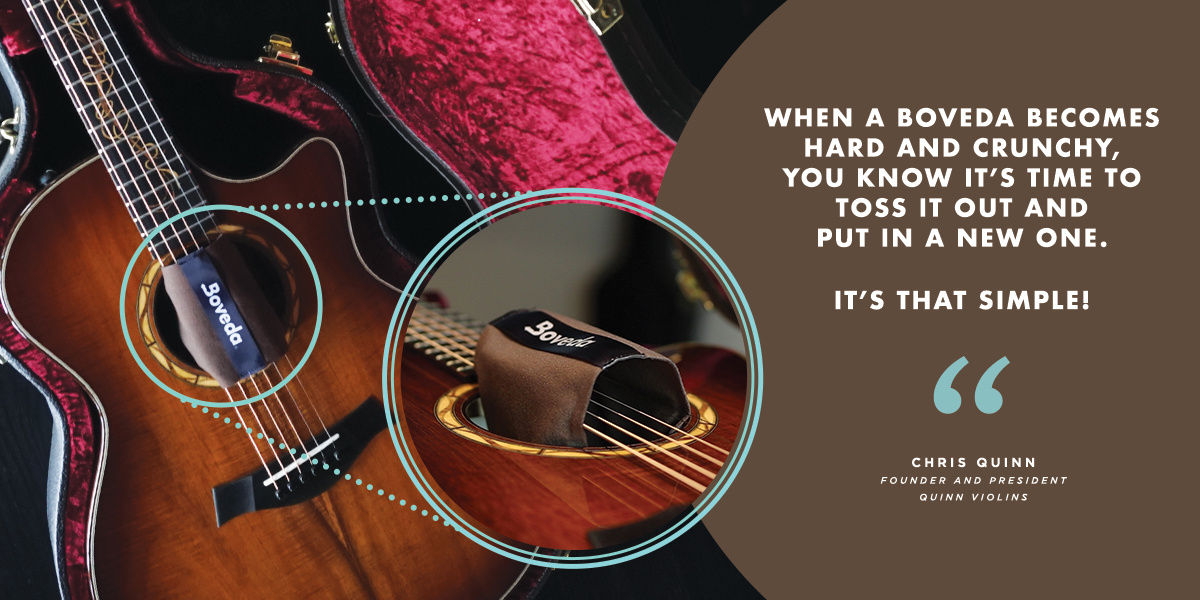
Best of all, you don’t have to fret about it.
BOVEDA PROTECTS STRINGED INSTRUMENTS FROM DAMAGE CAUSED BY LOW HUMIDITY, INCLUDING:
- Cracking
- Excessive neck relief
- Loose braces
- Sharp fret ends
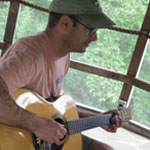
Dan’s posts are being provided for informational purposes only; they do not constitute an endorsement or an approval by Boveda of any of the products, services or opinions of Dan. Boveda bears no responsibility for the accuracy, legality or content of this post or links to the posts. Contact Dan Mackaman for answers to questions regarding his content.
HOW MOISTURE AFFECTS YOUR MUSIC
